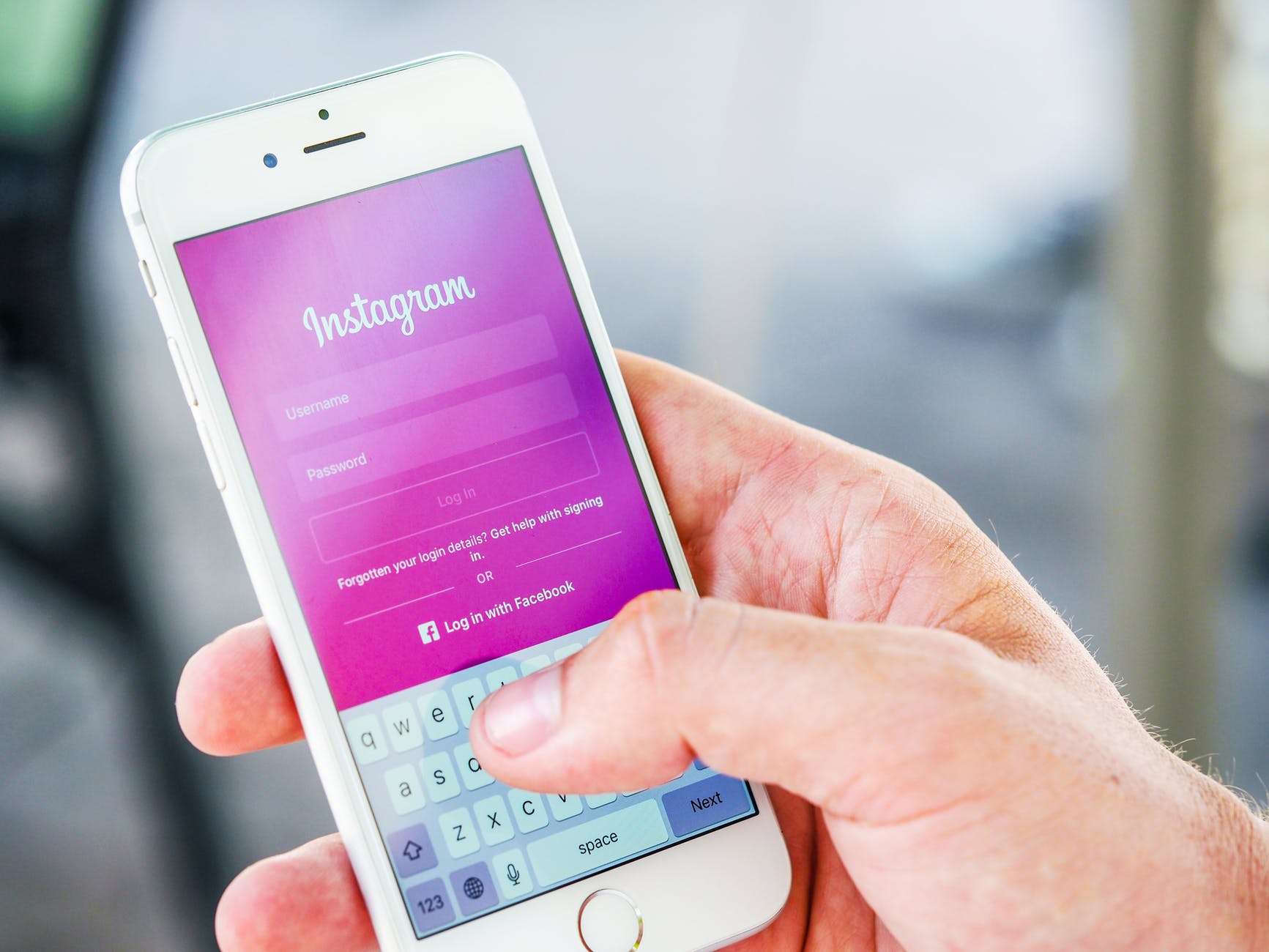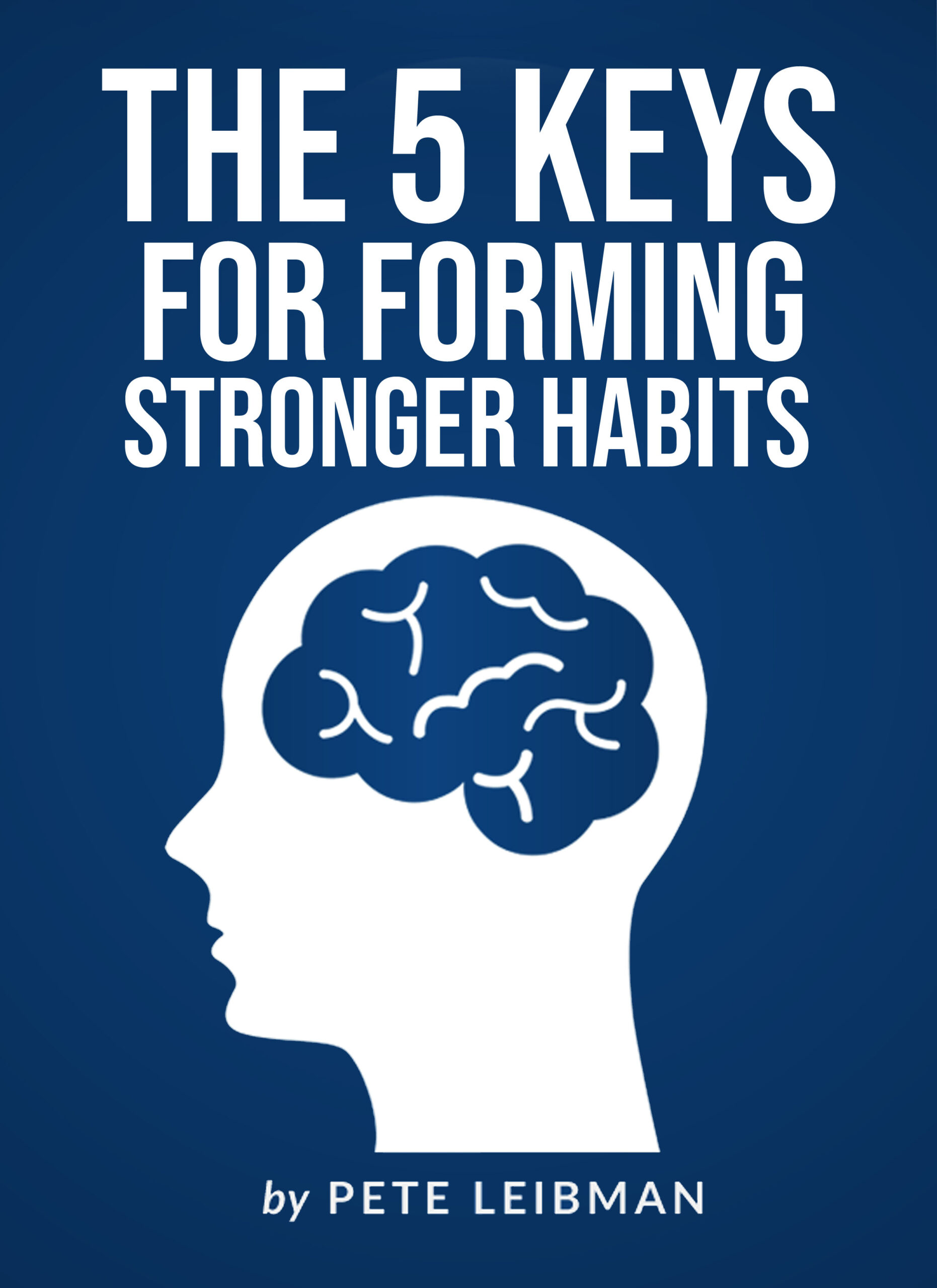
Several years ago, I noticed that I often felt unhappy after using social media. Maybe you can relate. It turns out that many people feel this way.
A growing number of researchers are studying the connection between social media usage and mental health. In this article, you will learn three reasons why social media can actually make you unhappy.
Social media can influence your self-worth.
Have you ever had a time when you felt better or worse about yourself because of social media? I certainly have.
There have been times when I have been disappointed by very few people liking one of my posts. And, there have also been times when I have been excited by how many people liked one of my posts. Those last two sentences felt ridiculous to write. However, I’m definitely not the only person who has experienced these social media-induced feelings.
Millions of people allow their mood and sense of self to fluctuate each day, based on how people respond to them online. Make a post that gets very few likes, and it is easy to feel worse about yourself. Make a post that gets many likes, and it is easy to feel better about yourself.
Basing your mood and confidence on social media feedback is a common and dangerous practice. True happiness comes from internal validation, not from external validation, which is fleeting at best.
Social media can make you envious.
Years ago, I signed on to Facebook one day when I was bored at work. The first post in my news feed was a photo album of one of my friends on a Caribbean trip. She and her friends looked so happy. A sudden wave of envy rushed over me. I wanted to be on a tropical vacation too!
Social media makes it easy to be envious. Many posts are carefully constructed to make someone look as happy and successful as possible.
If you use social media when you are bored or lonely, it is especially easy to feel like other people have it better. And, feeling like you are worse off than other people is a recipe for unhappiness.
Social media can make you self-absorbed.
Over 100 selfies are posted to Instagram every second.1 It’s hard to imagine that there would be so many of these narcissistic photos without the digital platforms that allow them to be shared so easily.
Even if you don’t take selfies, social media still encourages self-absorption. Many people obsess over how they look online or feel the need to provide frequent, self-serving updates about their life or career.
There are two main reasons why self-absorption leads to unhappiness. First of all, it is difficult to appreciate everything around you when most of your time and energy is directed internally. Secondly, it is difficult to form real, meaningful relationships when you are focused on yourself. Self-absorption is not appealing to coworkers, family members, friends, or potential mates.
Summary and Final Thoughts
Does social media make you unhappy?
Well, it definitely can. Social media can influence your self-worth, it can make you envious, and it can make you self-absorbed.
This does not mean that you need to abandon social media altogether. However, it is important to be mindful about when, how, how much, and how often you use Facebook, Instagram, Twitter, and so on. It is also important to monitor your thoughts while using these sites.
If social media is making you unhappy, stay tuned for a future article with proven strategies on how to cut back on your usage of these platforms.
P.S. If you enjoyed this article, you can share it by clicking a social media icon on this page.

Free eBook and Newsletter
Download my free 40-page eBook on “The 5 Keys for Forming Stronger Habits.”
You’ll also receive my free weekly newsletter on how to become your strongest self.
Your email is safe. Unsubscribe anytime.
About the author: Pete Leibman is the Creator of StrongerHabits.com. He is a best-selling author, keynote speaker, executive recruiter, athlete, and peak performance coach. His work has been featured on Fox News, CBS Radio, and CNNMoney.com, and over 500,000 people across the world have read his articles.
References for this article:
- Cohen, David, “Selfies, Narcissism, and Social Media (Infographic]),” Adweek, January 6, 2016, https://www.adweek.com/digital/rawhide-selfies-infographic/.

